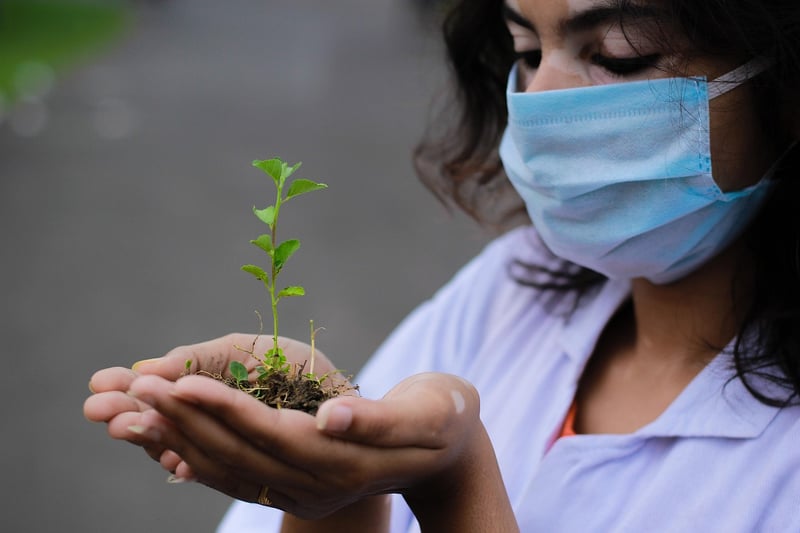Soil Health
Keeping Your Garden Thriving: The Key to Soil Health
When it comes to maintaining a vibrant and flourishing garden, one of the most crucial factors to consider is the health of your soil. Healthy soil provides essential nutrients for your plants, improves water retention, supports beneficial microbial activity, and helps resist pests and diseases. In this guide, we'll explore how you can ensure your garden soil is in optimal condition to support your plants' growth and overall well-being.
The Importance of Soil Health
Soil is a living ecosystem that is home to a complex network of organisms, including bacteria, fungi, earthworms, and other microorganisms. These organisms play a vital role in breaking down organic matter, releasing nutrients, and improving soil structure. Healthy soil promotes strong root development, enhances nutrient uptake, and fosters robust plant growth.
How to Improve Soil Health
1. Test Your Soil
Start by testing your soil to understand its pH level and nutrient content. You can purchase DIY soil test kits or send samples to a professional lab for analysis. This information will help you determine what amendments your soil may need.
2. Add Organic Matter
Organic matter, such as compost, manure, or leaf mulch, enriches the soil with essential nutrients and improves its structure. Mix organic matter into the soil regularly to enhance fertility and water retention.
3. Mulch Your Garden
Applying a layer of mulch on the soil surface helps retain moisture, suppress weeds, regulate soil temperature, and prevent erosion. Organic mulches like straw, wood chips, or grass clippings also break down over time, adding nutrients to the soil.
4. Rotate Crops
Rotate your crops each season to prevent the depletion of specific nutrients in the soil. Different plants have varying nutrient needs, so rotating crops helps maintain soil fertility and reduces the risk of pests and diseases.
Conclusion
By prioritizing the health of your garden soil, you can create an optimal environment for your plants to thrive. Regularly monitoring and improving soil health through testing, adding organic matter, mulching, and crop rotation will lead to healthier plants, higher yields, and a more sustainable garden ecosystem.

Remember, healthy soil is the foundation of a successful garden!
References: University of Minnesota Extension - Soil Organic Matter
